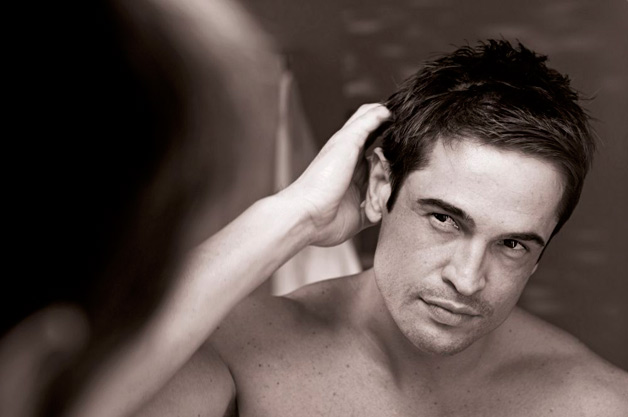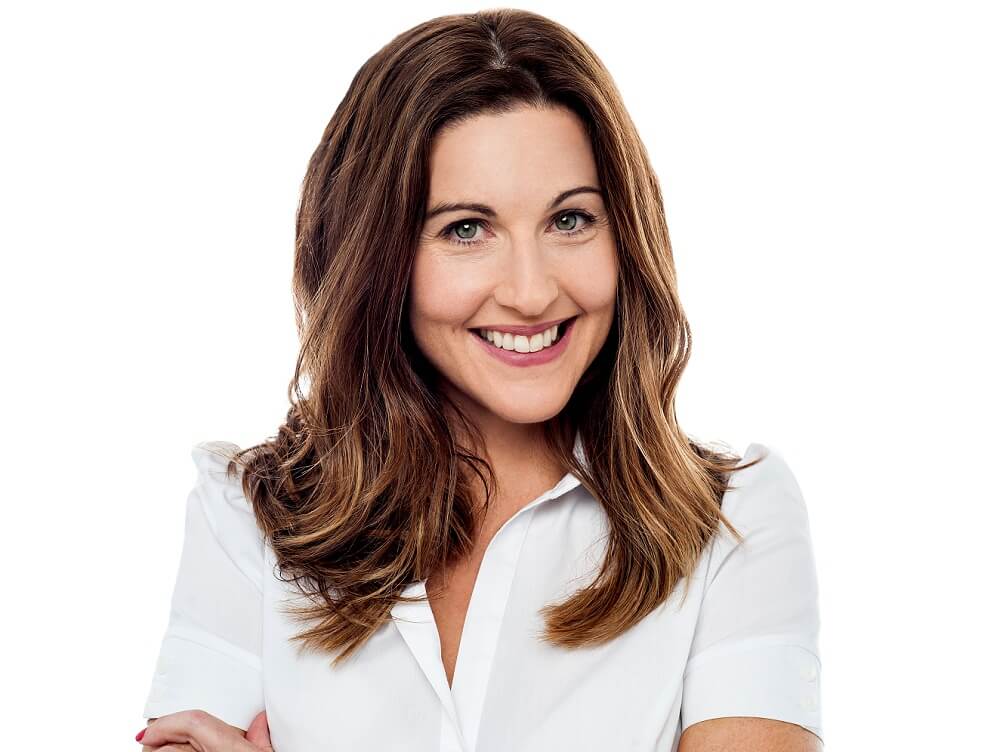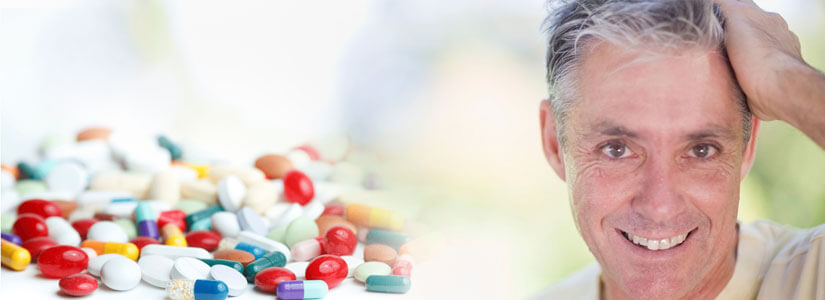Techniques vs. Cost Perspective of Choosing the Hair Transplant
July 15, 2020

Choosing the right doctor and preparing well for the surgery is no doubt the key to a successful hair transplant surgery. But it is equally important to familiarize yourself with various aspects of the recovery process following the surgery, as following the post-operative instructions of your surgeon will affect not only the length of your recovery phase but will determine the ultimate outcome of the surgery as well.
[su_service title=”Your Scalp may Get Worst Initially:” icon=” icon: chevron-right” size=”26″]Your scalp will go worse before it will start improving so be prepared for that. It will see various transitions – including oozing, scarring, shock loss – before you will start growing your natural hair.[/su_service]
[su_service title=”Your scalp will be sore:” icon=”icon: chevron-right” size=”26″]Immediately after the surgery your scalp will be sore. Cold compressions may help alleviate the symptoms. But be gentle; avoid pressing your scalp too hard.[/su_service]
[su_service title=”Relax as much as you can:” icon=” icon: chevron-right” size=”26″]Though Hair Transplant Surgery is performed on an outpatient basis and does not require general anesthesia, it is no less than any major surgery and will take more of a toll on your body than expected. So, expect to have less energy than usual for a few days following the transplant. The first principle to a quick and uneventful recovery is to relax as much as you can while your scalp heals.[/su_service]
[su_service title=”Start consuming pain medications immediately afterward:” icon=” icon: chevron-right” size=”26″]Your surgeon will prescribe you some pain management drugs to cope with the pain and discomfort that you will experience after the surgery. Do not wait for the pain symptoms to appear, rather start taking those pain medications immediately after the surgery.[/su_service]
[su_service title=”Sleep in an upright position:” icon=”icon: chevron-right” size=”26″]Sleep in an upright position with your head elevated at an angle of 45 degrees. This will not only help prevent any bleeding but will also help minimize any pain or discomfort.[/su_service]
[su_service title=”Avoid consuming blood thinners:” icon=” icon: chevron-right” size=”26″]Blood thinners, which you shall stop consuming at least two weeks prior to the surgery, should remain in your do not consume list for another couple of weeks. These include aspirin and aspirin-containing products such as ibuprofen, Anacin, warfarin, and Excedrin, etc. Strictly stick to the pain medications prescribed by your doctors.[/su_service]
[su_service title=”Take other medications as directed:” icon=”icon: chevron-right” size=”26″]Your doctor will also prescribe you antibiotics for wound healing. Take these medicine regularly for 3 days or as prescribed by the doctor. You may also need some muscle relaxant for your neck and shoulder muscles. But discuss with your doctor before taking any muscle relaxant. Having that said, never take any medicine on an empty stomach.[/su_service]
[su_service title=”Smoking and alcohol should be avoided:” icon=” icon: chevron-right” size=”26″]Smoking and drinking shall also be cut 10 to 14 days before the transplant and wait for another 10 to 14 days after the surgery before you return to them. In fact, smoking should be avoided for as long as possible as it can affect your healing process as well as hair growth big time.[/su_service]
[su_service title=”Avoid touching your scalp:” icon=” icon: chevron-right” size=”26″]Though it is a simple procedure that does not involve any major scarring, especially if you have opted for a Follicular Unit Transplant, still it is a surgery that involves some risk of infection. So avoid touching your scalp as your hands are a huge source of germs that can cause infection.[/su_service]
[su_service title=”Avoid strenuous activities:” icon=” icon: chevron-right” size=”26″]Avoid all the strenuous activities that can raise your BP or pulse rate for at least three weeks. Strenuous activities, like vigorous exercise, contact sports also increase the patient’s blood flow, thus increasing the risk of bleeding from the incisions at the scalp.[/su_service]
[su_service title=”Avoid tanning and sun exposure:” icon=” icon: chevron-right” size=”26″]Avoid exposing your incisions and scars to the sunlight until they have healed completely. Also, avoid applying any scar creams or ointments to the scar before they have healed properly. This could induce infection, which would ultimately affect the outcome of the hair transplant.[/su_service]
[su_service title=”Don’t miss any follow up:” icon=” icon: chevron-right” size=”26″]Your surgeon would want to see you several times in the first couple of months following the surgery to make sure that you heal properly and safely without developing any complications. It is important that you attend all the follow-up sessions and carefully follow your doctor’s instructions.[/su_service]
Free Consultation
If you still have any confusion regarding the recovery phase, feel free to contact us. We offer free online consultations for all those interested in hair transplant surgery. Simply write us your query in the form below and one of our staff will be ready to help you out immediately.
Dr. Cagatay Sezgin is a celebrity hair transplant surgeon with over 20 years of experience in hair transplantation and restoration. He is the First Turkish Board Surgeon to become a member of the International Society of Hair Restoration Surgery (ISHRS) and the Asian Association of Hair Transplant Surgeons (AAHRS). Moreover, he has the honor of becoming the first hair transplant surgeon in the world to perform hair, eyebrow, and beard transplantation all in one case and that too in a single session.

February 22, 2016

August 22, 2016